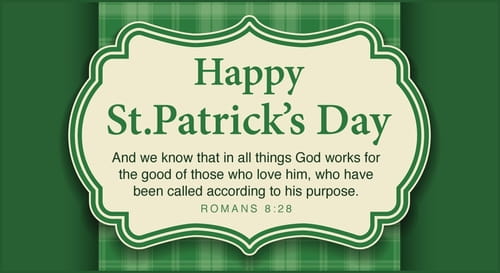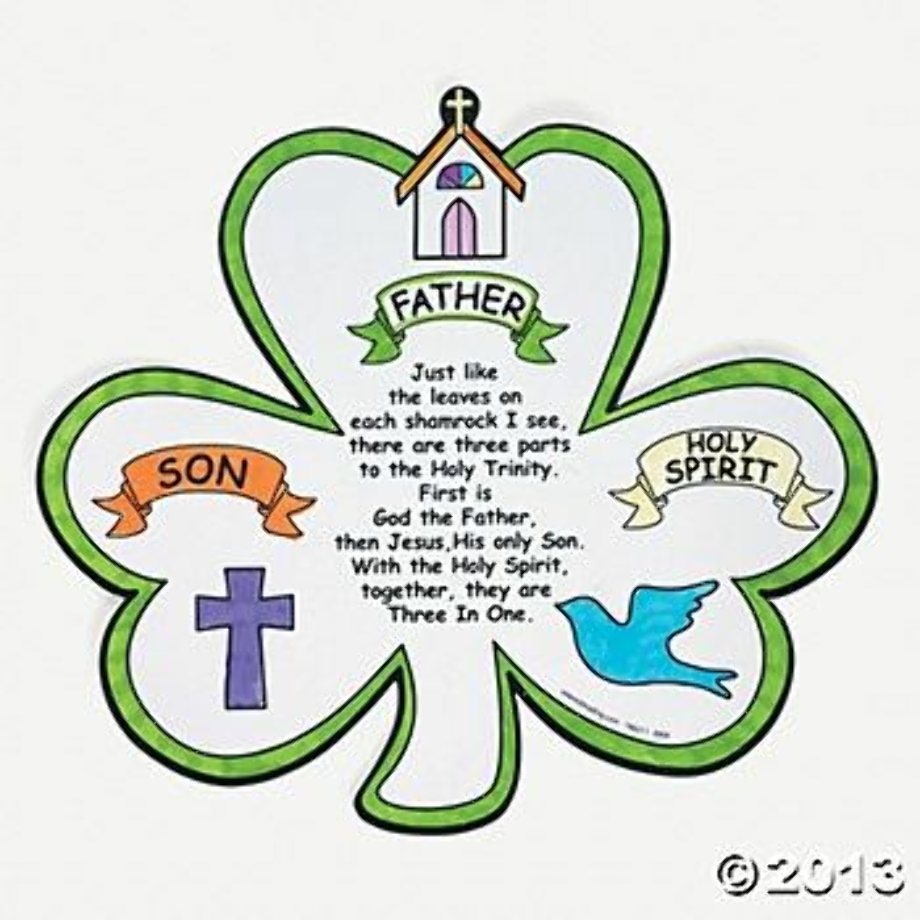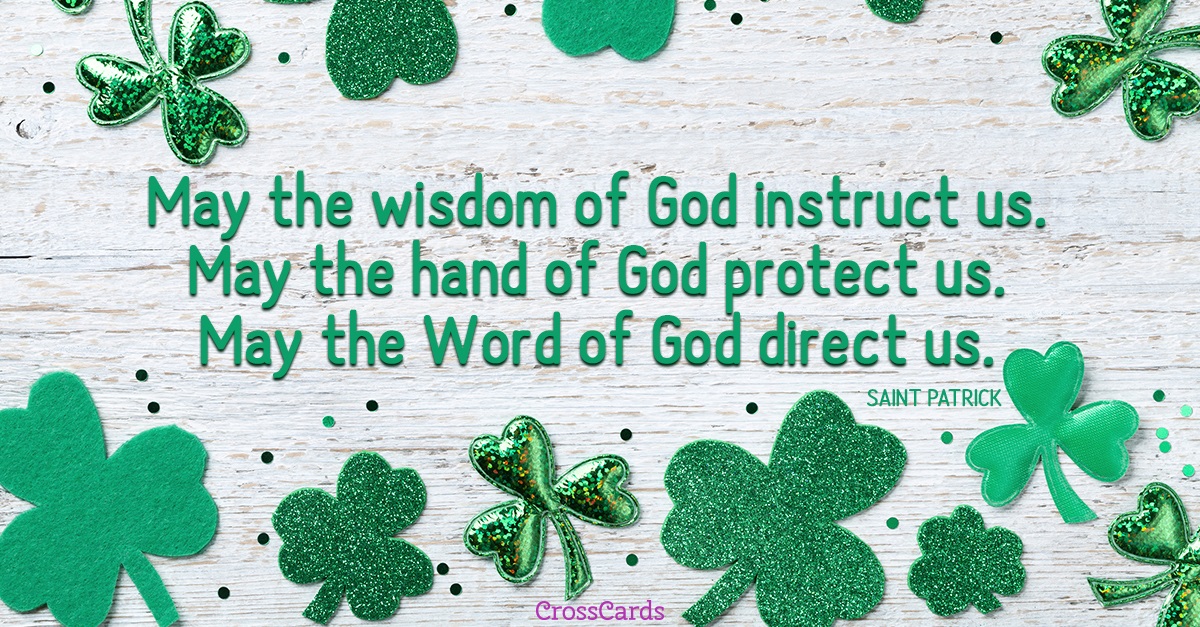Gallery
Photos from events, contest for the best costume, videos from master classes.
 |  |
 |  |
 |  |
 |  |
 |  |
 |  |
Traditional Saint Patrick’s Day food includes corned beef and cabbage, Irish soda bread, and shepherd’s pie. Saint Patrick’s Day in Present Day. Today, Saint Patrick’s Day in Ireland is both a religious and national holiday, with parades, festivals, and other public celebrations, particularly in Dublin. St. Patrick's Day, observed on March 17, has transitioned from a feast day in Ireland to a widely celebrated holiday in the United States. The holiday commemorates St. Patrick, the patron saint of However, it was Irish immigrants and those of Irish descent, especially in the United States, who turned St. Patrick’s Day into the lively, secular holiday we know today. Cities with large Irish communities, like Boston and New York, began hosting grand parades as early as the 18th century. St. Patrick's Day was once a solemn religious holiday. Irish culture and heritage experts previously told USA TODAY the holiday was once a solemn religious day but started getting its boozy reputation when the Americans started celebrating it. While it is not a federal holiday in the U.S., it is a bank holiday and a great source of pride in Like most semi-major and major holidays, St. Patrick’s Day started out as a religious event; this one was for Saint Patrick, the patron saint of Ireland. Saint Patrick, or Pádraig in Irish, was a missionary and priest of the fourth and fifth centuries who contributed significantly to the conversion of Ireland to Catholicism. In honor his death on March 17, A.D. 493, a Roman Catholic "Feast Day" started as a religious holiday celebrating the life of Saint Patrick. The holiday became more secular as Irish immigrants History of Saint Patrick's Day not know about this fun holiday. The history of Saint Patrick's Day dates back to the 5th century. grown from its religious St. Patrick's Day's spiritual meaning is rooted in Christianity. At its core, St. Patrick's Day is a religious holiday celebrated by Catholic, Lutheran, Anglican, and Eastern Orthodox Christians.. The man who inspired the holiday, Saint Patrick, is best known for bringing Christianity to Ireland in the 5th century. St. Patrick’s Day is celebrated on March 17 each year, honoring the patron saint of Ireland. This lively holiday has transformed from a religious observance into a global festival filled with parades, music, and traditional Irish dishes. And in the middle is a holiday associated with merry drinking and a centuries-old religious figure: St. Patrick's Day. Monday, March 17, is the holiday to celebrate everything Irish, including St Although we typically celebrate St. Patrick's Day with a focus on Irish culture and heritage rather than its religious significance in America, the holiday has Catholic roots. So yes, St. Patrick's Day is a religious public holiday in Ireland and has been for over 1,000 years. Saint Patrick's Day, or the Feast of Saint Patrick (Irish: Lá Fhéile Pádraig, lit. 'the Day of the Festival of Patrick'), is a religious and cultural holiday held on 17 March, the traditional death date of Saint Patrick (c. 385 – c. 461), the foremost patron saint of Ireland. St. Patrick’s Day is a global celebration of Irish culture that takes place annually on March 17, the anniversary of the patron saint of Ireland's death in the fifth century. The holiday has The traditional celebration of St Patrick’s Day started off as a religious feast day to celebrate his death on March 17th 461AD. The first parade was held in Boston in 1737. It wasn’t until 1762 when Irish soldiers serving in the British Army marched through New York City that the parade became an annual tradition. Groundhog Day is behind us. Easter is around the corner. And in the middle is a holiday associated with merry drinking and a centuries-old religious figure: St. Patrick's Day. Monday, March 17 is Saint Patrick’s Day, a cultural and religious celebration held on the 17th of March each year, is significant in Irish culture. It commemorates Saint Patrick, the patron saint of Ireland, and his death. St. Patrick's Day is celebrated annually on March 17-- the anniversary of St. Patrick's death in the fifth century.. In Ireland, St. Patrick's Day is observed as a religious holiday, with Originally a solemn religious feast honoring Ireland’s patron saint, St. Patrick’s Day has evolved into a global celebration of Irish culture. From its origins in early medieval Ireland to its transformation into a worldwide event, this holiday has taken on new meanings and traditions throughout the centuries. Saint Patrick’s Day, feast day (March 17) of St. Patrick, patron saint of Ireland. People of that country celebrate the day with religious services and feasts, but Saint Patrick’s Day has transformed into a largely secular holiday of revelry in other parts of the world. Groundhog Day is behind us. Easter is around the corner. And in the middle is a holiday associated with merry drinking and a centuries-old religious figure: St. Patrick's Day. Monday, March 17 is
Articles and news, personal stories, interviews with experts.
Photos from events, contest for the best costume, videos from master classes.
 |  |
 |  |
 |  |
 |  |
 |  |
 |  |